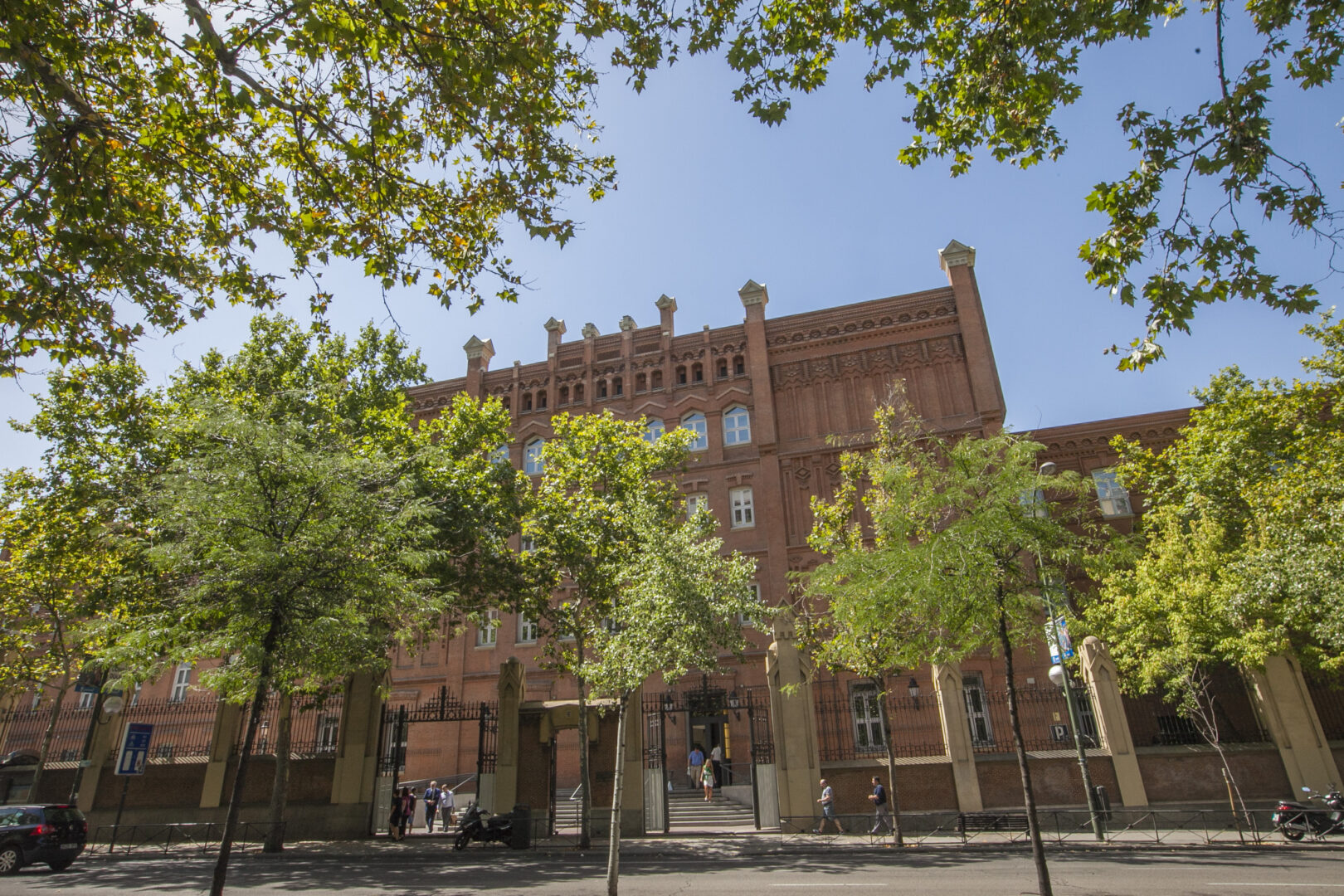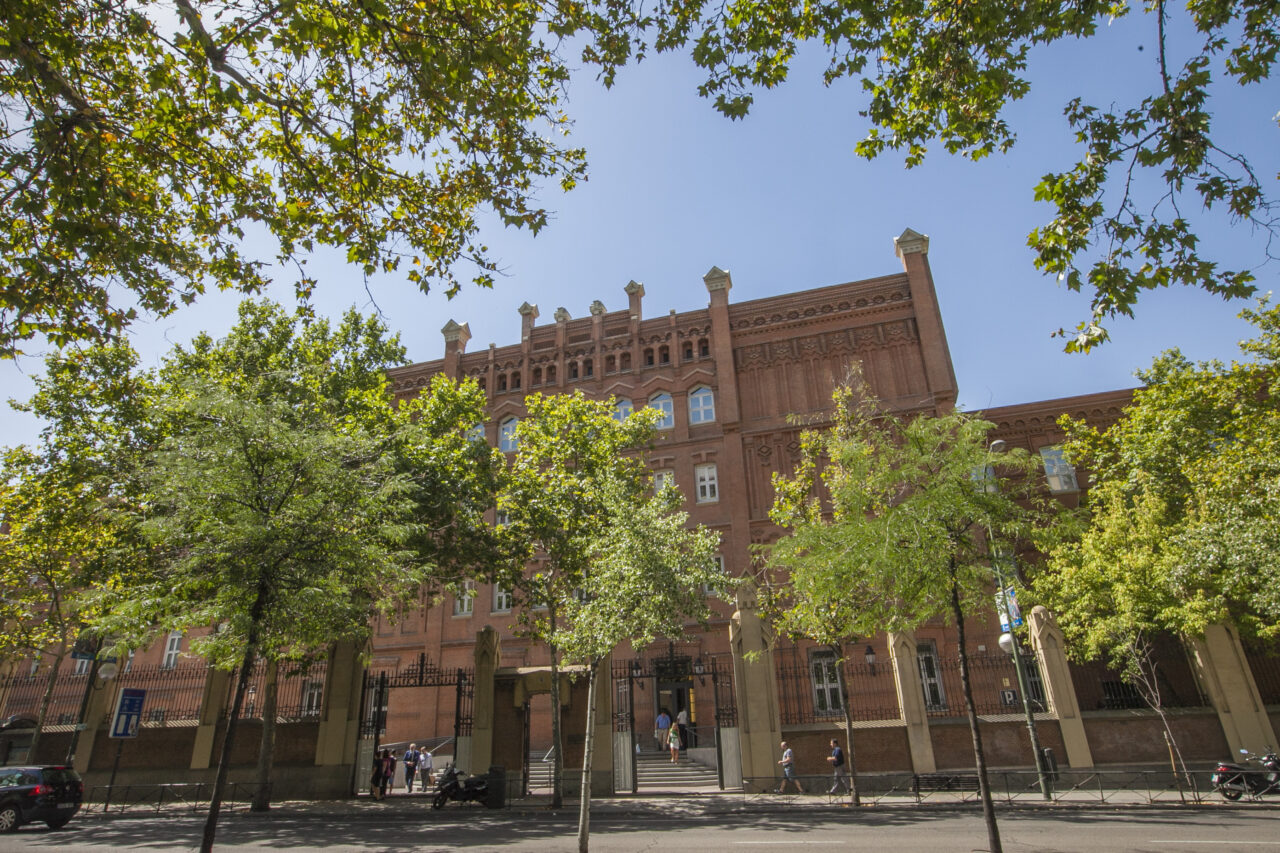Summary
LGBTQIA+ rights have advanced significantly over recent decades in many parts of Europe, but there is evidence to show that discrimination and homophobia are on the rise. A report by the EU Fundamental Rights Agency (2019) found that LGBTQIA+ tolerance and perceptions about equality and discrimination have either stagnated or declined in recent years, raising concerns that the advances achieved may be threatened.
The issue of tolerance goes beyond just a rights question, however. Studies demonstrate that in countries with higher levels of national tolerance, overall levels of social well-being are improved amongst the entire population, towards a greater social cohesion and (Fischer et al, 2015). While not necessarily a surprising outcome, the challenge lies in how to advance tolerance in European societies, especially as far right populist currents push back against gains achieved.
An abundance of literature demonstrates that educational spaces, including higher education, play an important function in helping to achieve this tolerance. Nuno Nodin, a researcher from the University of London who has written extensively on sexual minorities and behavior, notes about higher education that “for the wider student population diversifying exposure to varied identities and contents will challenge privilege and may also increase preparedness to the diversity that is expected to be experienced in future professional and life contexts (2022, p.23)”
While tolerance and non-discrimination are not something learned overnight, the university has a responsibility to prepare students not only academically and professionally, but also on a personal level to respect (and hopefully contribute to) the values of a diverse and pluralistic Europe. The purpose of this project is to bring together partner schools within the EU Peace Initiative to create curriculum development initiatives for the advancement of LGBTQIA+ rights within our respective academic institutions. In particular, there will be three primary outcomes. The first is a mapping of LGBTQIA+ curriculum and awareness at our universities amongst professors. The second is a series of short one-hour online classes that discuss LGBTQIA+ within different disciplines, such as psychology, linguistics, law, politics, etc. These classes will be made available to faculty and students. The third outcome is the development of model syllabi in each of these areas that includes a reading list and possible modules to explore on the topic of LGBTQIA+ rights within the disciplines discussed. The purpose of this outcome is to generate LGBTQIA+ academic resources at each of the participating institutions.
This project is made possible through seed funding from the EUPeace Fund, an initial incentive launched to cultivate and develop interest across EUPeace communities in our network; by providing a first format for collaboration, the Fund equips participating researchers, educators, students and administrators with a practical tool for experimentation and active participation, employing a bottom-up approach that generates concrete information on the interests and needs of our communities and informs future collaborative initiatives.
EUPeace Fund
Project Team
- Adam Dubin
- José Luis Rey
- Irene Claro
- Giovanna Vingelli
- Petr Simon
- Katharina Völsch
Project Results
Results will be published as soon as they have been reviewed, consolidated, and made available through the EUPeace network for the benefit of all participating communities.


